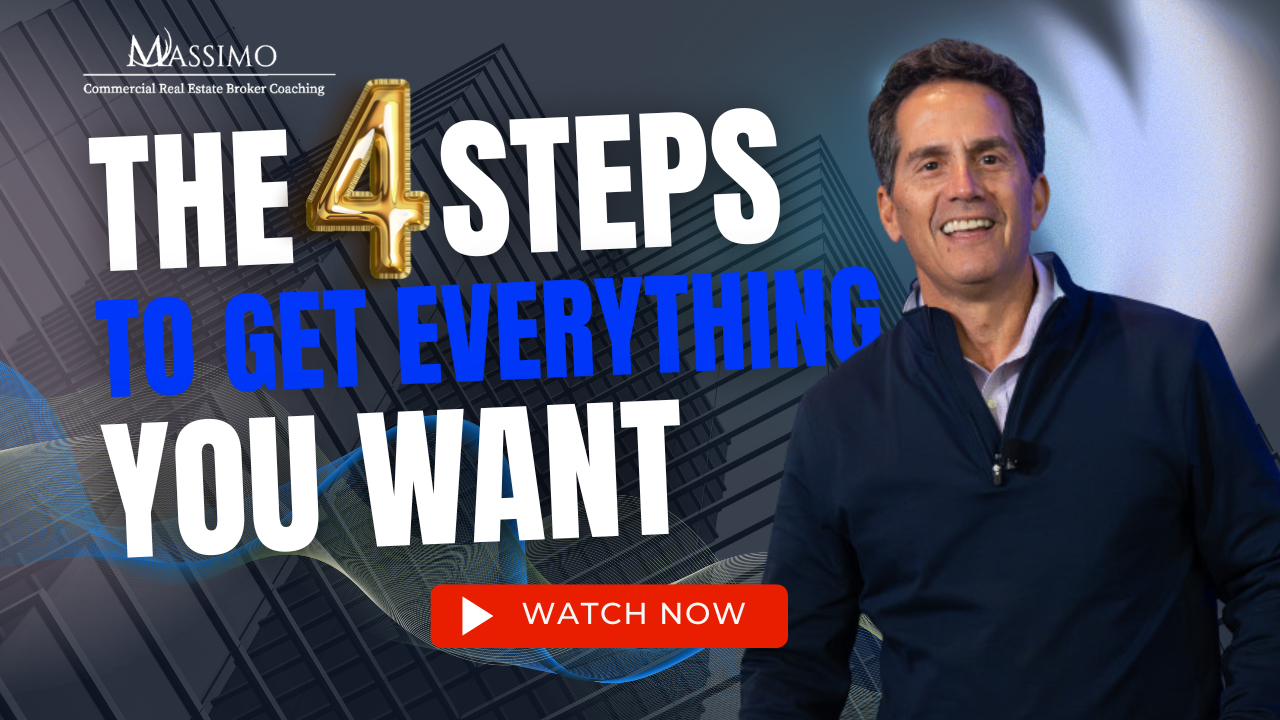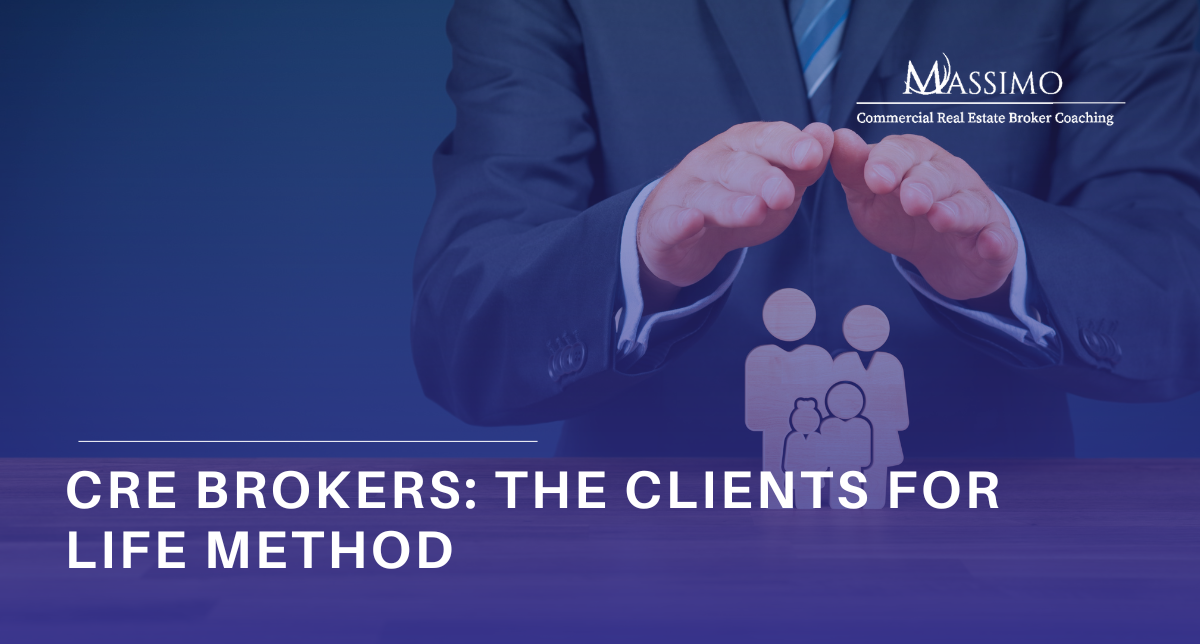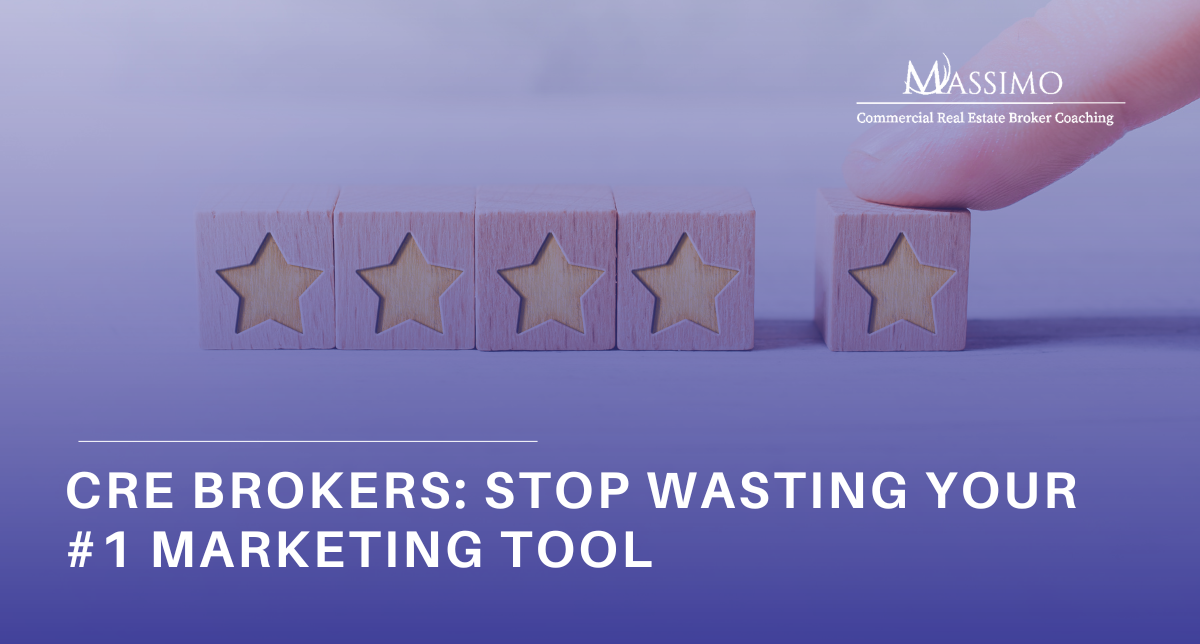Here are eight simple ways to cut your losses in a bad real estate deal.
In this article:
- Consult Other Professionals
- Don’t Chase Your Earnest Money
- Learn When to Let a Deal Go
- Prepare Different Exit Strategies
- Learn to Wait
- Work with a Partner
- Be an Objective Buyer
- Know When to Sell at a Loss
8 Tips That Will Surely Cut Your Losses in CRE
1. Consult Other Professionals
If you want to cut your losses in commercial real estate, run the numbers with someone else who works in the industry. They could be a lender, investor, mentor, or other. However, before you tell them about your real estate plans, make sure that you fully trust them personally and professionally. It’ll be a disaster if a competitor were to steal your business idea.
Tip: It’s a good idea to consult lenders or investors. They can help determine if your commercial property is a good or bad investment. After all, it’s their job to differentiate between the two.
2. Don’t Chase Your Earnest Money
Sometimes the best strategy to cut your losses is to let a bad deal go. Some investors make the mistake of pushing through with a commercial property transaction because of the time invested and earnest money they’ve put down.
If you determine that the property you plan to invest in is unprofitable, don’t be afraid to let your earnest money go. Remember: cutting your losses means minimizing the damage as much as possible. Losing a thousand dollars or so is always better than pushing through with a deal that could cost you millions.
3. Learn When to Let a Deal Go

When canvassing for commercial properties, it’s easy to get caught and go over the initial budget. However, a wise investor knows when to walk away if the property is unprofitable. To cut your losses in commercial real estate, make sure the property you plan to lease out matches the numbers you need to follow.
The only way to make a profit in commercial real estate is to increase the gap between your capital and leasing price. If you keep increasing the budget for the sake of pushing through with an unprofitable deal, then you might lose more than you could imagine.
4. Prepare Different Exit Strategies
Commercial real estate investments don’t always turn out the way we want them to. For example, let’s say you purchased a commercial property and you’re now ready to put it up for lease. However, the market took an unexpected downturn and you won’t be able to meet the initial projected profits. So now you’re left with a beautiful, well-renovated property you can’t even rent out.
The only way to avoid these types of cases is to prepare different exit strategies beforehand. In this scenario, you can choose to cut losses by selling it at a price lower than expected or opt to continue renting it out for a lower price.
Tip: Only choose the latter if you’re confident that the market will bounce back.
5. Learn to Wait
In real estate, property appreciation can take several years. You don’t necessarily need to short sell immediately just because the market didn’t appreciate in the past months. Instead, analyze the situation to determine if there’s a chance of appreciation in the next few years. This’ll help you determine whether it’s more profitable to continue renting out your commercial property or if it may be time to cut your losses and short-sell.
Remember: it’s important for an investor to know if the market is going up or down. While you can never be 100% sure, you should still try to make a research-based decision.
6. Work with a Partner

If two people were to share a $1,000 loss, they’d only lose out on $500 each. Imagine that number on a larger scale! A great way to cut your losses in commercial real estate is to work with a partner. It serves as a safety net to protect both you and your partner’s assets.
One reason people choose to work alone is they want to keep the profits all to themselves. However, you should realize that working alone may also expose you to a greater risk. When investing in commercial real estate, it’s best to work with someone you completely trust professionally and personally. Don’t be too greedy.
7. Be an Objective Buyer
A common mistake among consumers is falling prey to different marketing tactics – commercial real estate investors are no exception. When canvassing properties, make sure you properly analyze whether the land is a good or bad investment. Keep an eye out for obvious sales and marketing gimmicks.
8. Know When to Sell at a Loss
If you’ve tried it all but nothing seems to work, perhaps the only way out is to sell at a loss. The goal of investing is to earn as much profit from a commercial property as possible. If you were dealing with a bad property, the goal becomes to lose as little money as possible. While it may seem saddening, you should always consider whether a short sale is a more practical move.
Tip: Before you plan to cut your losses and short-sell your commercial property, make sure to ask yourself “Is this the best way to cut my losses?” There are dozens of exit strategies you can try before deciding to sell at a loss.
Knowing when the best time to buy, sell, and hold is what you need to succeed as a real estate investor. Don’t lose heart if you land a bad deal. In fact, it happens to the best of us. The best thing to do is to cut your losses using the best exit strategy you can come up with.
Get known, connect instantly, and win more business! In this webinar session, Bo Barron will show you how presence, a great value proposition, and a targeted prospecting campaign can grow your business without chaos! You can watch the webinar here.
Up Next: 10 Factors for Determining the Best CRE Firm for You




